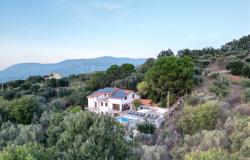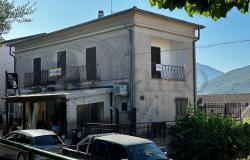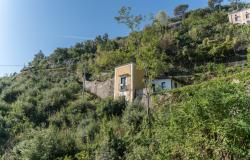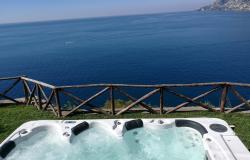 Italy's new waste czar has promised a ''common sense'' solution to the Naples trash crisis.
Italy's new waste czar has promised a ''common sense'' solution to the Naples trash crisis.
Speaking after his first day on the job, ex-national police chief Gianni De Gennaro said he would approach his task ''with the conviction that problems can be solved with a rationale of common sense, balance, dialogue and direct and transparent communication''.
''The answers won't be long in coming. I'm accustomed to keeping my word''.
De Gennaro stressed that the Italian army, which has been drafted in to start clearing mounds of rubbish from streets, would not have any role in policing the crisis, which has seen a string of street clashes outside a disputed dump.
The army would only provide ''expertise and logistical support,'' De Gennaro said.
The new commissioner, who made his name fighting the Mafia, has been given a four-month mandate to clean up the Campania region, bring new systems on line and banish the shadow of the Camorra crime syndicate.
An army general decorated for peacekeeping in Kosovo, Franco Giannini, will serve as his deputy.
The government has already found several local sites to dump the rubbish clogging the streets of Naples and Campania.
At a meeting on Wednesday, Premier Romano Prodi urged the governors of Italy's 20 other regions to accept shipments of Campanian trash to be dumped or burned.
Prodi tried to impress on the governors that the problem had become ''a real national emergency'' in terms of the damage it has done to Italy's image abroad, the Molise governor told reporters.
Sardinia and Molise answered the premier's call but many of the other regions offered only technical expertise - while Lombardy, Liguria and Friuli issued an outright refusal.
Piedmont, however, said it would ''play its part''.
Sardinia sent its first ship to pick up waste from the Naples docks on Wednesday evening.
But the regionalist Northern League party said it was ready to put up roadblocks to stop rubbish coming north.
(In Frankfurt, the German waste incineration group ITAD said it was ready to lend a hand - but only for a limited time and ''at the right price''.)
Under the government's plans, Campania mayors will have the same term as De Gennaro, four months, to introduce recycling schemes across the region - on pain of being put under government commissioners.
Only a fraction of Campania's rubbish is currently recycled, meaning it cannot be safely burned.
All the existing consortia that handle waste business - many of them suspected of Mob links - are to be replaced by new firms.
Nine consortia were dissolved on Wednesday.
Three new incinerators will be built to receive waste.
The first of these is already under construction and is expected to come on line in about a year.
As De Gennaro took up his post, Naples welcomed the first lull in a confrontation outside the dump that became a flashpoint after it was tapped to be reopened to take the first batches of waste.
As part of his softly-softly approach, De Gennaro said he would be speaking to people living near the site in the next few days.
For the moment, moves to reopen the site appear to have been put on hold.
The landfill site, bulging from more than 40 years of use, was closed in 1996 with a pledge to turn it into a golf course.
Local residents say the waste inside is still dangerous.
It became the focus of violence over the last two weeks as protesters blocked streets, burned cars and attacked police with rocks and Molotov cocktails.
The toll of injuries from the clashes has been about two dozen, evenly divided between the police and demonstrators, while several people have been arrested.
Waste crises have hit Campania regularly for the last 15 years, coupled with protests against new disposal plans.
The incinerator that might have averted the crisis was held up for years by protests led by Green activists.
According to Italian environmental organisations, the region's residents face serious health risks from the tonnes of toxic waste that have been buried across the region, much of it illegally.
Local cancer rates - especially for liver tumours - are well above the national average.
Environmental group Legambiente noted that the two northern regions of Lombardy and Veneto had only taken a year each to pull themselves out of similar emergencies in the mid-1990s.
Italy's image has suffered from TV pictures of the current emergency being beamed abroad.
The European Parliament is set to vote Thursday evening on whether to ask the European Commission to take action on the crisis.







